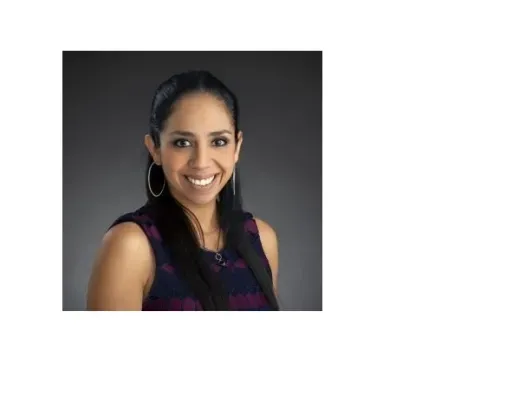These researchers have dedicated their careers to finding new treatments and cures for people with cancer.


In Peru, where late detection of childhood cancer is triple that of high-income countries, nearly half of kids with cancer are diagnosed after their disease has advanced. This imbalance results from geographic remoteness, poor access to prompt health visits, late referrals to oncologists, and lack of primary providers trained in detecting early signs of cancer, among other factors.
To connect patients in Peru with efficient care, Dr. Vásquez, of the Medical Association of Clinical Oncology of Peru, used support from a 2017 International Innovation Grant to build a referral tool. She currently works as an international consultant for the Global Initiative for Childhood Cancer at the Pan American Health Organization (PAHO) and the Precision Medicine Research Center at the San Martin de Porres University of Peru.
"Our country has an expected number of 1,800 new cases per year; therefore, at least 300-400 children would remain undiagnosed,” says Dr. Vásquez. “Projects that contribute to strengthening the health system will have an important impact in improving the survival of children with cancer in countries with limited resources.”
Bringing Timely Care to Patients
In prelim research, Dr. Vásquez found that when doctors don't understand early pediatric cancer symptoms, this delays diagnosis and often leads to ineffective referrals for specialized care. To improve the referral process, especially for rural patients, Dr. Vásquez and her team developed and launched ONCOpeds (Pediatric-Early-Diagnosis-System).
ONCOpeds: How It Works
PAHO and Ministry of Health of Peru distributed the mobile application to doctors and parents through social media. ONCOpeds links patients and families with health providers to help reduce the time to diagnosis of childhood cancer in Peru. The digital tool allows users, most of whom live in rural areas, to report signs and concerns. Users can upload images and videos for review by primary care providers. Doctors then reference PAHO guidelines for early diagnosis – which come with the app – to assess the health status of patients.
If doctors believe a patient should see an oncologist, they can use the app to request consultations.
With ONCOpeds, oncology specialists respond to primary care referrals in just 24-72 hours. Providers can also upload results from additional tests to better assess the unique needs of each patient no matter where they live.
“The evolution of the ONCOpeds application has been particularly successful because, with the financing granted by Conquer Cancer, they have allowed us to develop a platform for dynamic consultations that is accessible to doctors,” explains Dr. Vásquez. “A primary care physician consultation/referral takes 26 days on average to reach an expert in pediatric oncology in our country, with the longest delay time of 4 months (122 days).”
During the initial months of the COVID-19 pandemic, Dr. Vásquez and team expanded the app’s features to more effectively bring cancer care to patients and their support systems. Parents and caregivers in rural settings could stay up to date on evolving health information and learn to recognize signs of pediatric cancer during a time when mobility was especially limited.
“We were able to add some other functionalities to allow even parents and caregivers of children with cancer to request some support or guidance in case of symptoms associated with cancer in their children. In the case of parents, we placed a WhatsApp button for a quick guide that has been popular during the most difficult months of the COVID-19 pandemic,” says Dr. Vásquez. “I particularly remember children who are consulted from the mountains of Peru – Cusco, for example – in which we were able to connect them with specialist doctors for a timely referral. And the families were grateful.”
Innovative Intervention, International Interest
Using ONCOpeds, Dr. Vásquez has trained more than 1,300 health professionals to improve communication and protocol between primary care and oncology experts. The mobile tool has reached eight regions of Peru with 1,500+ downloads and 450+ patient cases reviewed – and is quickly gaining traction in other low- and middle-income countries.
“One of the most valuable things was to unite [an] entire group of doctors in Peru, oncologists, hematologists and pediatricians to train professionals in early diagnosis of childhood cancer and finally attend to consultations. We have also been able to share the results of using the ONCOpeds application with colleagues from other countries in the region,” says Dr. Vásquez. “Chile, Guatemala, and the Dominican Republic have shown interest in adopting part or all of the [ONCOpeds] process, whether it be the queries, advocacy and information tools, or reference databases.”
Several policy stakeholders, like PAHO, are recognizing the promising utility of ONCOpeds and planning to invest in this intervention so it can reach more patients. The Ministry of Health of Peru is already working to integrate the tool into its national telemedicine system.